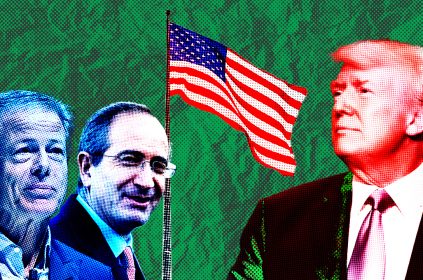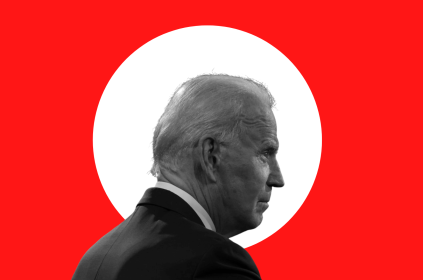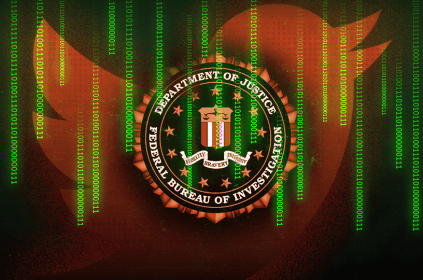Despite the dangers of using TikTok, some lawmakers are still active on the app. The bipartisan omnibus spending bill that was passed on Dec. 23 prohibits TikTok on executive branch mobile devices due to concerns about its surveillance capabilities. Still, Democratic Reps. Ilhan Omar of Minnesota and Jamaal Bowman of New York have posted on the app since the vote despite supporting the bill, and other current and former representatives still have accounts on the platform. So why can’t lawmakers stay away from TikTok? Let’s take a closer look at the issue.
TikTok Surveillance
TikTok is a popular social media platform that has been used by millions of people around the world for entertainment purposes and to follow trends. However, many users are unaware that their data is being shared with Chinese servers which in turn can be accessed by China’s government agencies as well as other third-party organizations. This means that personal information such as location data, contact numbers, browsing history, etc., could be obtained without users’ knowledge or consent.
It is this potential risk to user privacy that led Congress to ban TikTok on some federal devices in December 2020 in order to protect sensitive information from being accessed by outside parties like China’s government agencies. Unfortunately, while members of Congress may be aware of this danger they are still actively using the app themselves despite voting to ban it from federal devices due to security reasons.
Why Lawmakers Can’t Stay Away From TikTok
One reason why lawmakers may be reluctant to abandon their accounts on TikTok is because it provides them with an effective tool for connecting with younger generations who might not otherwise engage with politics or current events due to lack of interest or understanding. By utilizing humorous videos or trendy content, lawmakers can capture these individuals’ attention and encourage them to become more informed about issues affecting their communities and countries at large.
However, there are also less noble reasons why lawmakers may be reluctant to abandon their accounts on TikTok such as gaining fame or notoriety from viral videos or endorsements from influencers who post regularly on the app – both of which could help increase their public visibility during election season.
In conclusion, while it is understandable why some lawmakers may feel compelled to use TikTok even after voting for its ban on some federal devices due to potential privacy risks; they should also consider how their actions might send mixed messages about security awareness and digital literacy among younger generations who look up to them for guidance and leadership. Until lawmakers set an example by abandoning their own usage of TikTok until it becomes more secure than it currently is (or ceases operations altogether), they should at least ensure that any posts they make remain free from any potentially controversial content that could put themselves –or those around them–at risk in any way whatsoever. Ultimately, only time will tell whether Congress will continue down this path or take decisive action against its use among members before it becomes too late!
















